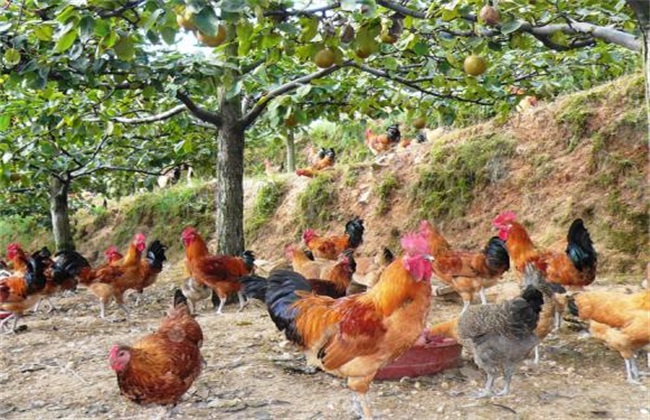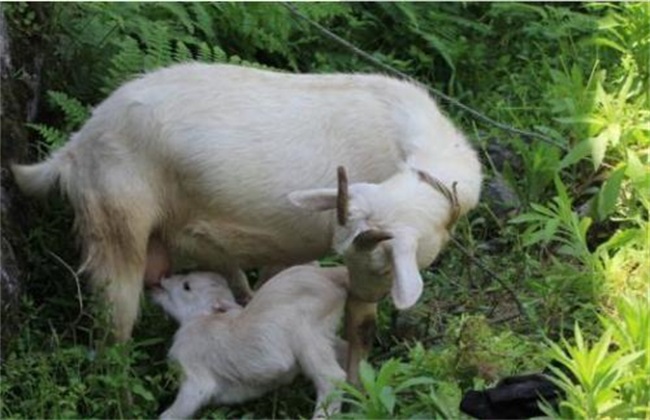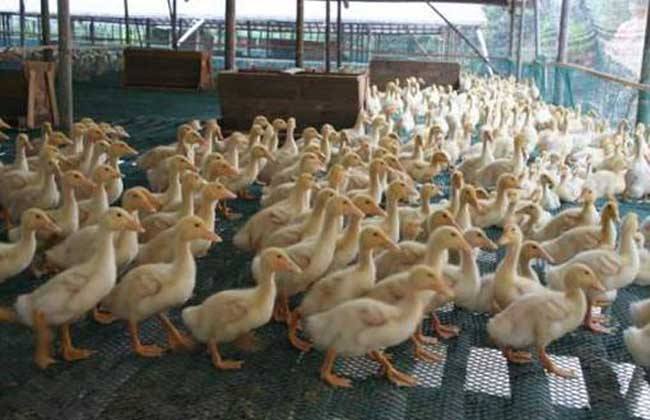Common problems in ecological chicken farming
Ecological chicken farming is becoming more and more popular, and the farmers in front of them have summed up some problems that should be paid attention to with the lessons of blood and tears. When we are engaged in ecological chicken farming, we must pay attention to these problems, otherwise it will be difficult to go in blindly and want to quit! So what are the common problems that have a serious impact? Let's take a look at it.

1. Drug use
The first is in the use of medicine. Ecological farming chooses the wild, and many farmers like to feed medicine to chickens because they are worried that there are many diseases in the wild, and more prevention can reduce their losses. In fact, this is not very reasonable, the excessive administration of ecological chicken will only affect the growth of chickens, resulting in a fragile immune mechanism and a higher incidence of disease. The second is the disease of a few chickens, always like to use preventive drugs to the whole flock, but do not isolate the sick chickens, these are the wrong way of medication, will seriously affect their own breeding efficiency.
2. Feeding problem
Ecologically farmed chickens grow more slowly, which is not in line with the interests of farmers, because some farmers begin to feed various additives so that chickens can grow faster. In fact, ecological chicken farming pays attention to stability and quality, farmers do so is to destroy its characteristics, and finally out of the chicken others do not recognize that this is ecological breeding, will seriously suppress the sales price. It is extremely irrational to waste so much effort on this, this is extremely irrational, do not question some door-to-door chicken collector's research on native chicken, they want you to do a good job driving down the price, so do not blindly seek success.
3. Breeding problem
In terms of breeding, it means the management of the flock, and the second is that it does not follow the growth law of chickens. Each flock of chickens with the passage of time, there will always be some chickens are substandard, for such chickens to be hard to get rid of some, you can raise them alone together, it is best not to carry out mixed breeding, such chickens have a high risk of disease, there is a greater security risk, there is no need to threaten their own breeding interests for the sake of such a few chickens, otherwise the disease can not be made up for by so few chickens. Chickens have their own growth rules, and they should not worry about changing materials and laying eggs. In the end, chickens will lay eggs ahead of schedule, but the time and quantity of laying eggs have dropped seriously, and the loss outweighs the gain.
4. Health problems
Health problems are a clich é. Chickens raised in the wild are indeed more likely to suffer from diseases and insect pests. After all, there are many uncontrollable factors in this environment. But we do not have to deliberately feed medicine to the chickens to prevent, often sterilize the breeding grounds to avoid risks, so as to increase the cost will also be painstaking, but the effect is not necessarily obvious. What you are really worried about is that you can isolate the breeding area, change the area regularly, and do a thorough disinfection and cleaning when the other side is free. The hygiene is better this way.
These are some of the experiences that some farmers have summed up for you, and you can share them if you have better ideas. Ecological chicken breeding is generally more difficult, but we should not worry too much, this technology is now very mature, many cases have corresponding reasonable solutions!
Related
- On the eggshell is a badge full of pride. British Poultry Egg Market and Consumer observation
- British study: 72% of Britons are willing to buy native eggs raised by insects
- Guidelines for friendly egg production revised the increase of space in chicken sheds can not be forced to change feathers and lay eggs.
- Risk of delay in customs clearance Australia suspends lobster exports to China
- Pig semen-the Vector of virus Transmission (4)
- Pig semen-the Vector of virus Transmission (3)
- Five common causes of difficult control of classical swine fever in clinic and their countermeasures
- Foot-and-mouth disease is the most effective way to prevent it!
- PED is the number one killer of piglets and has to be guarded against in autumn and winter.
- What is "yellow fat pig"? Have you ever heard the pig collector talk about "yellow fat pig"?



